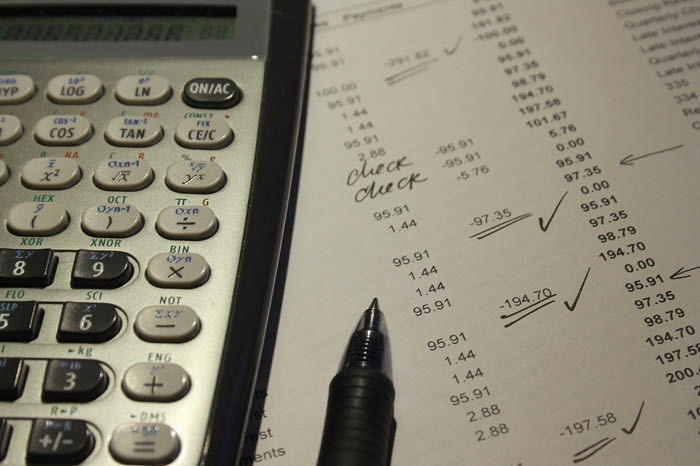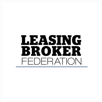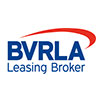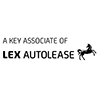When you come to the end of your car lease agreement you may receive an invoice for end of lease charges. For most this can come as a surprise and be a frustrating end to the car leasing experience. In our ‘how to avoid end of lease charging blog’ we detailed the 6 main points to address to avoid charges but inevitably there will be instances when charges will occur. In this blog we look at what to do if you want to push back on the leasing company to try and reduce or remove your charges.
End of lease charges can be disputed. The most important thing to remember is that you have the right to dispute the charges with any BVRLA member leasing company. They will adhere to the BVRLA fair wear and tear standards for damage and will need to see proof of servicing and tyre maintenance but fair wear and tear can be open to interpretation and is worth being reviewed after inspection. The following steps will help you to dispute any lease charges:
1. The Inspection and collection of your vehicle:
Right at the point of inspection you will need to be thinking through the fact that you may be charged. Make sure you review the lease company Fair Wear and Tear Policy (this will be shared with you prior to collection). The inspector will be a third-party company contracted by the lease company to inspect and collect your vehicle. Their sole job is to take a detailed report of any damage, missing service history or missing equipment related to your vehicle. At the end of the inspection, they will ask you to sign their report. This will detail any thing they have found that could be chargeable. At this point it is important to mark down on the report that you are unhappy with the findings as this will help your dispute further down the line. The report from the inspector will be sent through to the lease company and at this stage it is important to know that this will not necessarily be what the lease will invoice you for.
2. Failed Inspection or cancellation charges:
Try to avoid these. Lease companies will charge for late cancellations or failed collections (around £200). Most inspection companies will have a 48hr notice period for cancellations. The inspection company will also charge for a failed collection. This will occur if there is no one to meet the inspector or if the vehicle has any warning lights showing, illegal tyre tread or no MOT.
3. Registering your dispute with the leasing company:
Following the inspection, the lease company will conduct a review of the inspectors report and send on their charges in invoice form. There will be a period of time before the money will be due and this is the time to raise your dispute on the charges. The most effective way to do this is to email through your dispute to the lease company customer service email address and follow this up with a phone call. Within the email, you will need to attach a copy of the invoice and clearly state which charges you would like to dispute and why.
4. Lease company decision:
The lease company will review your dispute and look to come to an agreement on the charges. If you are still unhappy with their final decision you can then look to raise a grievance with the Financial Ombudsman. This will need to be done within 6-months of the leasing companies final decision and you will need to let the leasing company know you are taking this step.
The above process will take time, but it can save you hundreds of pounds. At P+B, we have followed this process for our clients on numerous occasions and by taking time to review the charges on a case-by-case basis and push the leasing companies, we have saved our clients’ money in nearly all cases. Please do not hesitate to contact us if you would like our advice on how to dispute your charges.








